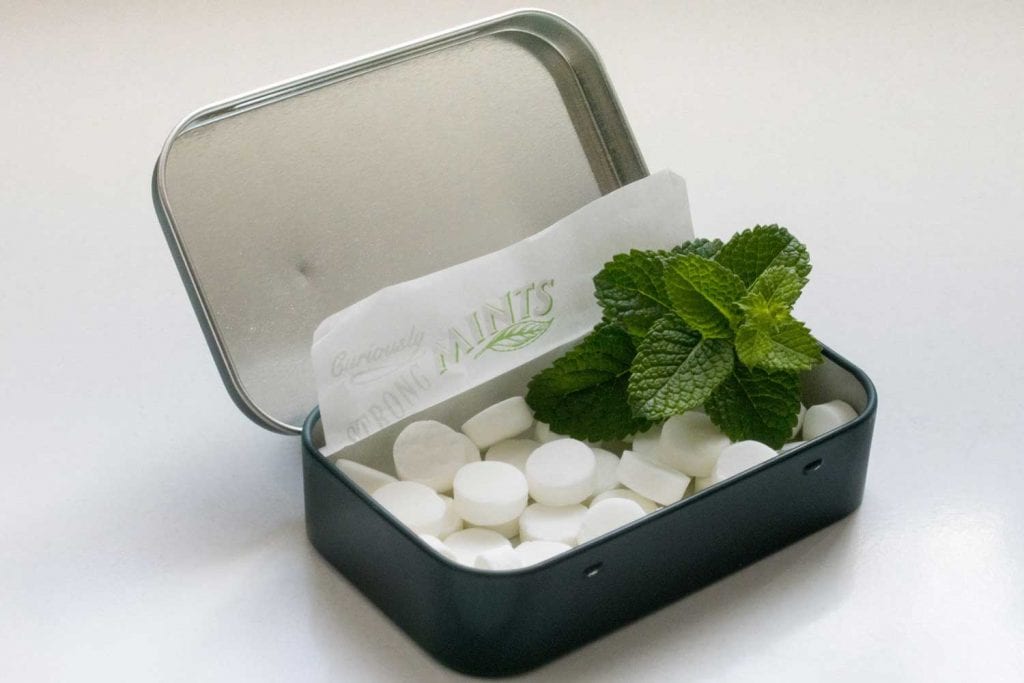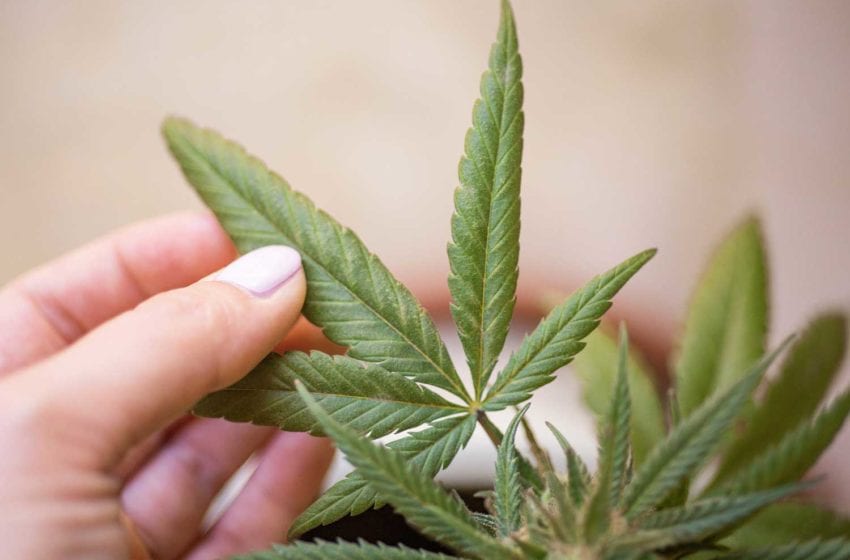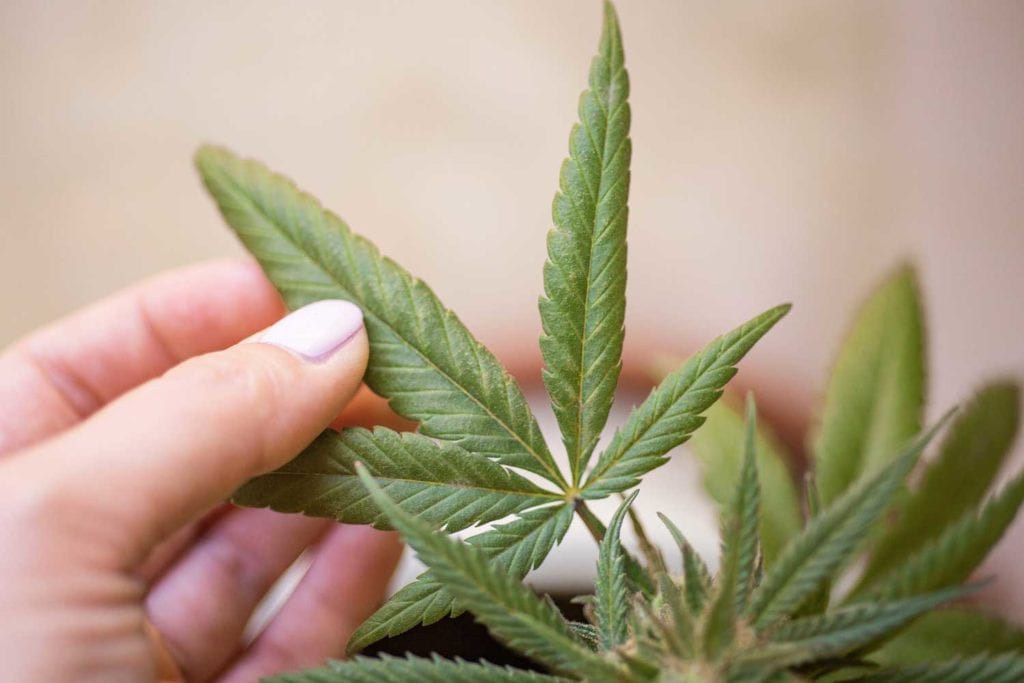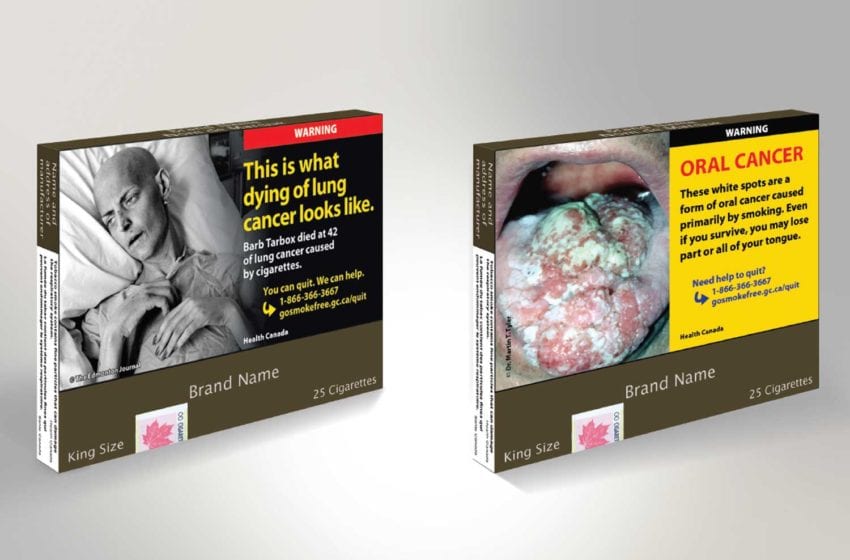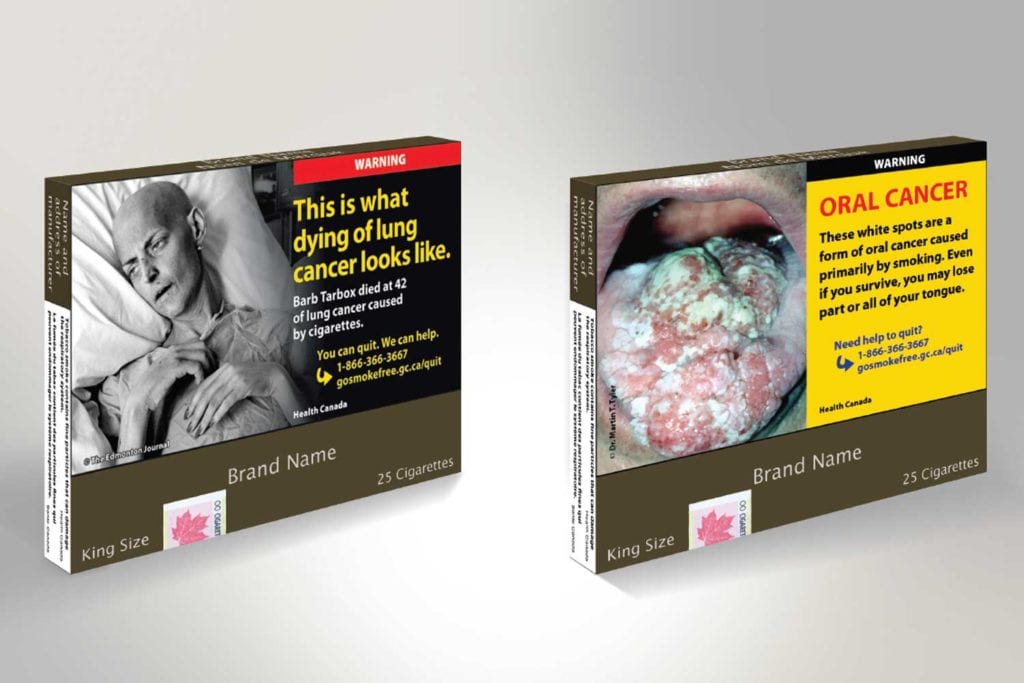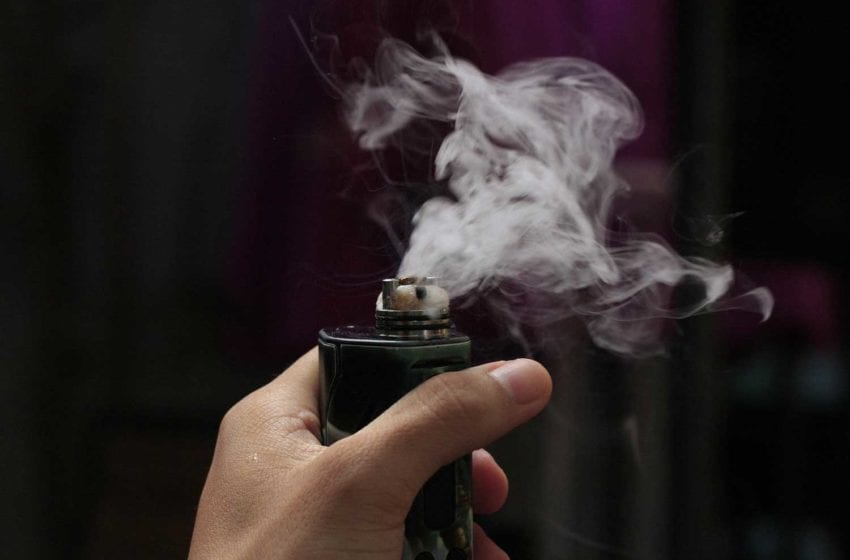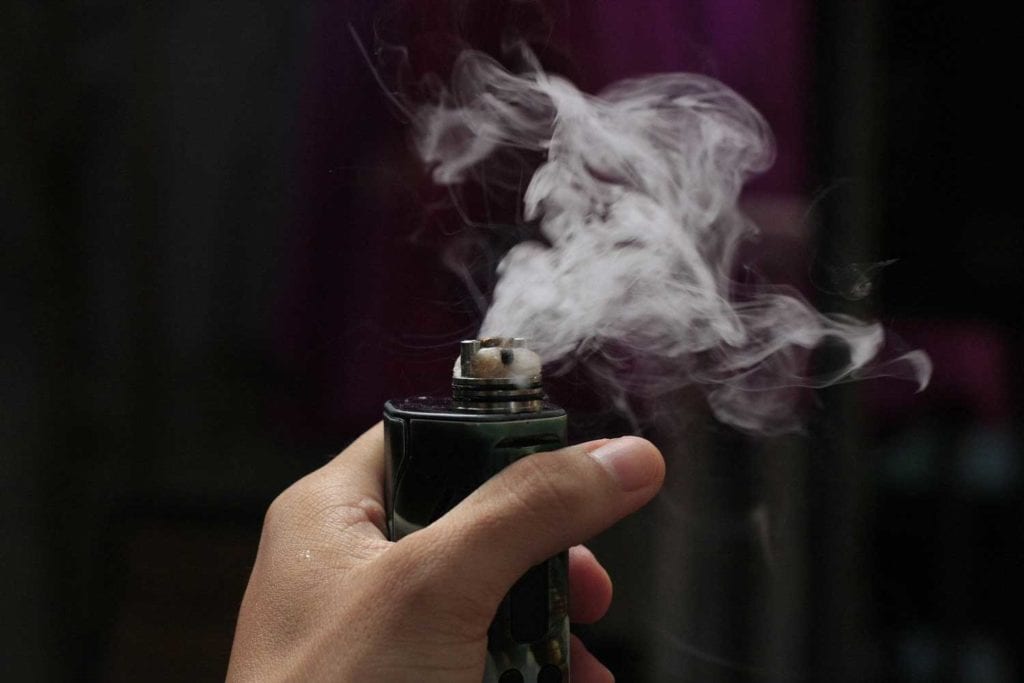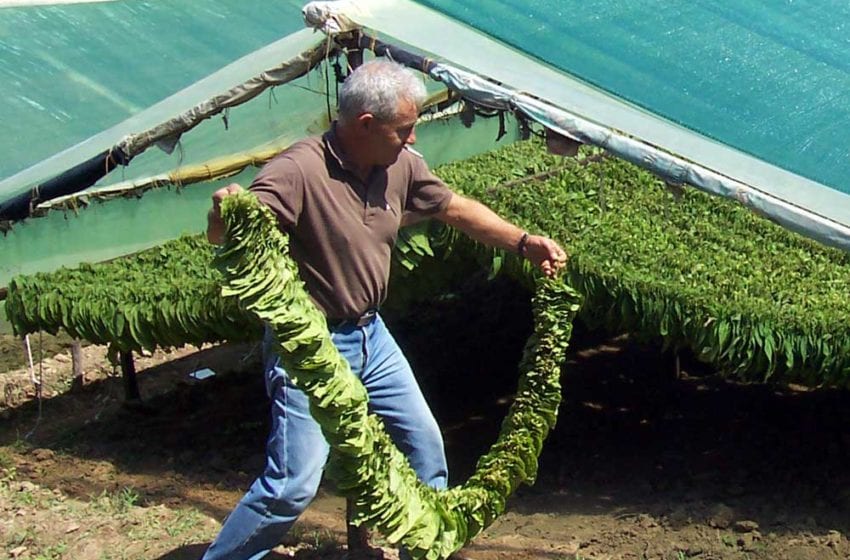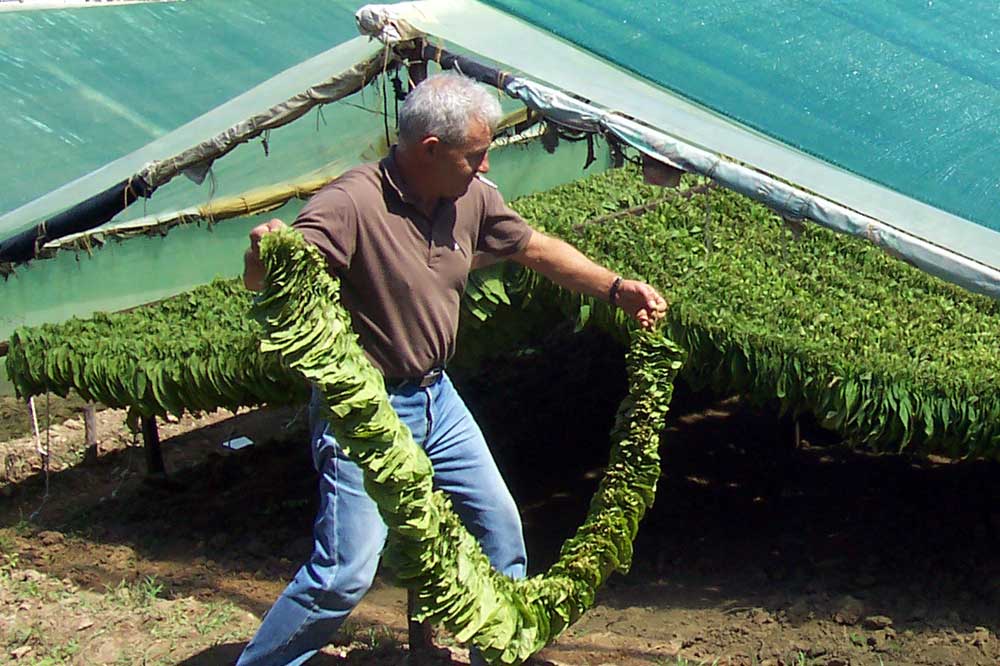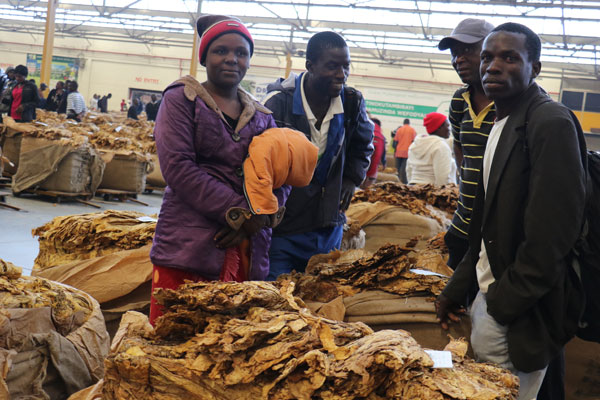
SWM International has appointed Katrin Hanske as vice president and general manager of tobacco and alternative solutions (TAS) within its engineered papers division, effective May 1, 2021.
Hanske has more than 20 years of experience in the semiconductor, paper and chemicals industries, most recently as global senior vice president of supply chain operations at Orion Engineered Carbons in Luxembourg. She has worked in the U.S., Asia and Europe and holds a master’s degree in industrial engineering microelectronics from the Dresden University of Technology as well as a bachelor’s degree in business administration from the University of Wolverhampton Business School.
TAS is a new business unit focused on supporting the SWM’s tobacco industry customers with tobacco, paper and next-generation products.
Under Hanske’s leadership, the TAS business will work to strengthen SWM’s position in the tobacco industry while exploring opportunities in alternative markets.
We have a real opportunity to deliver excellence to our tobacco industry customers and to fuel growth opportunities in adjacent areas.
Katrin Hanske
“I am delighted to be joining SWM at an exciting time of transformation for engineered papers,” said Hanske in a statement. “We have a real opportunity to deliver excellence to our tobacco industry customers and to fuel growth opportunities in adjacent areas through innovation and sustainable product offerings. I look forward to being part of this next successful chapter for the company.”






